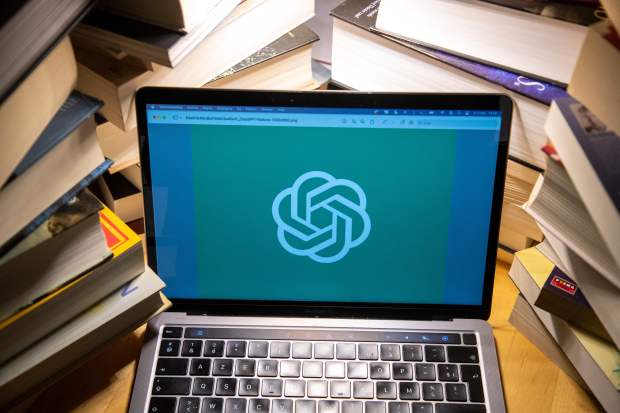
Italy has briefly prohibited the artificial intelligence software ChatGPT due to privacy worries, a first for any Western nation.
The country’s data security authority has “immediately” banned the site’s creator, OpenAI, which is funded by Microsoft.
Since its debut in November 2022, ChatGPT has been used by millions around the globe to generate human-like English to answer any queries.
Concerns have been made since its debut about the threats to employment and the potential for misinformation, and many schools and colleges have prohibited its use on their networks due to plagiarism concerns.
Microsoft has already spent millions of dollars in ChatGPT, which it wants to integrate into Office applications such as Word, Excel, and PowerPoint.
On Friday, Italy’s data protection authority said it was probing a potential breach of strict European Union data protection regulations and blocked anyone viewing the software.
The authority stated that OpenAI must disclose “within 20 days” on the steps it has taken to protect users’ data or risk a punishment of up to 20 million euros (nearly £18 million) or 4% of yearly worldwide income.
According to the authority, ChatGPT experienced a data breach on March 20 involving “users’ conversations” and details about subscriber payments, citing the EU’s General Data Protection Regulation.
OpenAI previously stated that ChatGPT would be taken offline on March 20 to address a problem that enabled some users to see the titles, or topic lines, of other users’ conversation logs.
“Our investigation also discovered that 1.2% of ChatGPT Plus users’ personal data may have been revealed to another user,” the firm said.
“We believe the number of users whose data was actually revealed to someone else is extremely low and we have contacted those who might be impacted.”
The Italian privacy watchdog criticised OpenAI’s “massive collection and processing of personal data” used to teach the platform’s algorithms, as well as the company’s failure to inform users whose data it gathers.
ChatGPT can also create – and keep – false information about people, according to the agency.
Finally, it was pointed out that there is no mechanism in place to validate users’ ages, exposing children to answers that are “absolutely inappropriate to their age and awareness.”
The action by the body comes as academics and tech industry executives issued a statement on Wednesday urging firms such as OpenAI to postpone the creation of more potent AI models until the fall to allow society to consider the risks.
Elon Musk, the billionaire and Twitter owner, is one of an increasing number of high-profile tech figures asking for a halt to the company’s growth.
“While it is unclear how enforceable these decisions will be,” said Nello Cristianini, an AI researcher at the University of Bath, “there appears to be a mismatch between the technological reality on the ground and the legal frameworks of Europe.”
Sam Altman, CEO of San Francisco-based OpenAI, revealed plans this week for a six-continent journey in May to discuss the technology with consumers and developers.
This includes a halt in Brussels, where European Union lawmakers are discussing broad new rules to restrict high-risk AI tools, as well as stops in Madrid, Munich, London, and Paris.
According to the European consumer organisation BEUC, it could be years before the EU’s AI legislation takes effect, and the bloc should examine the potential consequences.
“In only a few months, we have seen a massive take-up of ChatGPT, and this is only the beginning,” deputy director general Ursula Pachl said.
Waiting for the EU’s AI Act “is not good enough as there are serious concerns growing about how ChatGPT and similar chatbots might deceive and manipulate people”.







